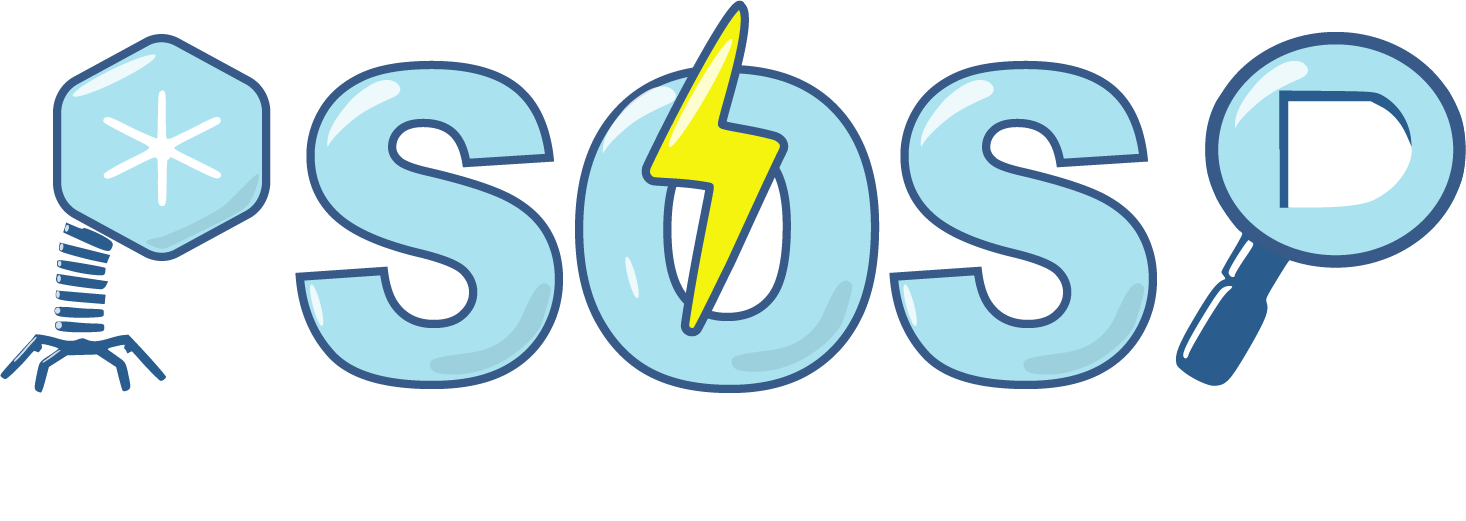Upload & Analyze
-
Batch Prediction: If you want to perform batch prediction, please visit our GitHub repository:
mujiezhang/PSOSP
Tips
Purpose: PSOSP is a novel bioinformatics tool to predict prophage induction modes by analyzing the heterology index (HI) of LexA protein binding to target DNA, classifying prophages into SOS-dependent (SdPs) and SOS-independent (SiPs).
For SdPs, conventional SOS-inducing agents (e.g., MMC, UV) remain appropriate.
For SiPs, SOS-independent inducers such as DPO, C4-HSL, EDTA, and pyocyanin, or physical factors like varying salinity, temperature, and pH, should be considered.
Input requirements:
For host:
Host Taxon Suitability: PSOSP is primarily suitable for Gammaproteobacteria, including multiple critical pathogens such as Vibrio cholerae, Pseudomonas aeruginosa, Yersinia pestis, Escherichia coli, Salmonella enterica, Shigella spp. and Klebsiella spp. You can check suitable and unsuitable bacterial genera on the Statistics page.
Genome Quality: Higher host genome completeness is strongly recommended. We advise using host genomes with a completeness score above 90%.
Multi-Contig Genomes: If the host genome consists of multiple contigs, ensure the input host genome file contains all contigs.
For prophage:
Genome Quality: PSOSP utilizes CheckV for quality assessment. Predictions for phages with a CheckV-estimated completeness >90% are relatively reliable. If you are certain your phage genome is complete, you may disregard the CheckV results in the output file.
Multiple Inputs: The input phage genome file can contain sequences for multiple prophages.
Host Association: Input phages must either be integrated into the corresponding host genome or capable of infecting the host. Predicting associations for mismatched phage-host pairs is meaningless.
